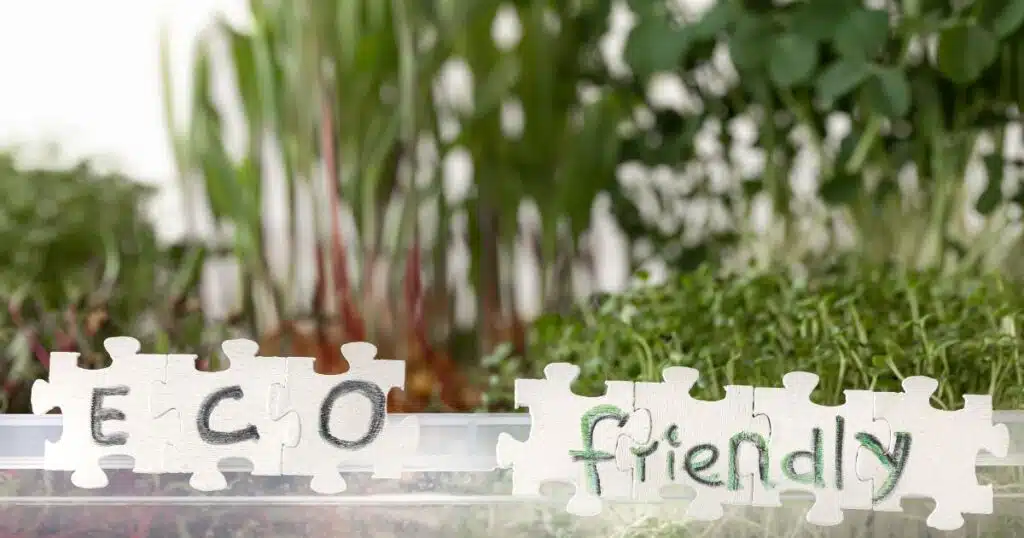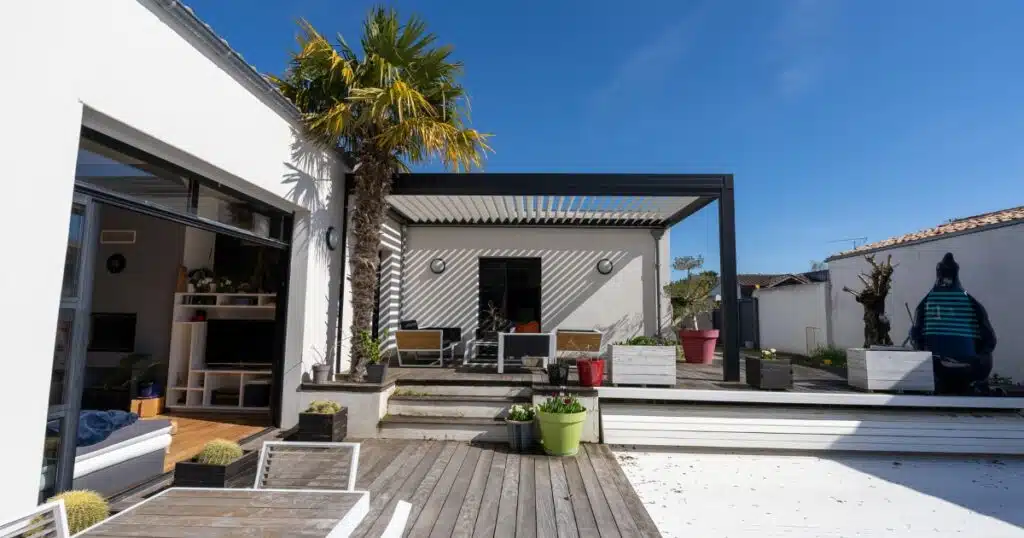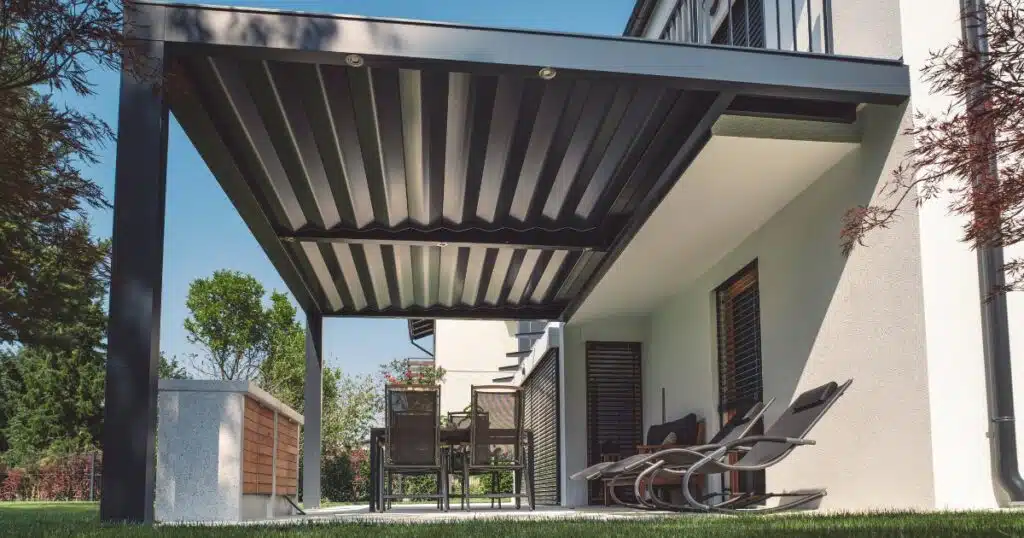Carport construction has evolved beyond mere functionality to embrace eco-friendly options, aligning with the growing environmental consciousness. As individuals and businesses seek sustainable alternatives, the construction industry has responded with innovative materials and practices. In this article, we explore the vast range of eco-friendly options in carport construction that not only provide shelter for vehicles but also contribute to a greener planet.
Solar-Powered Carports
Integrating solar panels into carports is a dual-purpose solution. It not only provides shelter for vehicles but also harnesses the power of the sun to generate electricity. This sustainable energy source reduces reliance on traditional power grids and lowers the carbon footprint of the carport.
Recycled Materials
Using recycled materials in carport construction minimises the demand for new resources. Recycled steel, aluminium, or plastic can be excellent choices, contributing to a circular economy by repurposing materials that would otherwise end up in landfills.
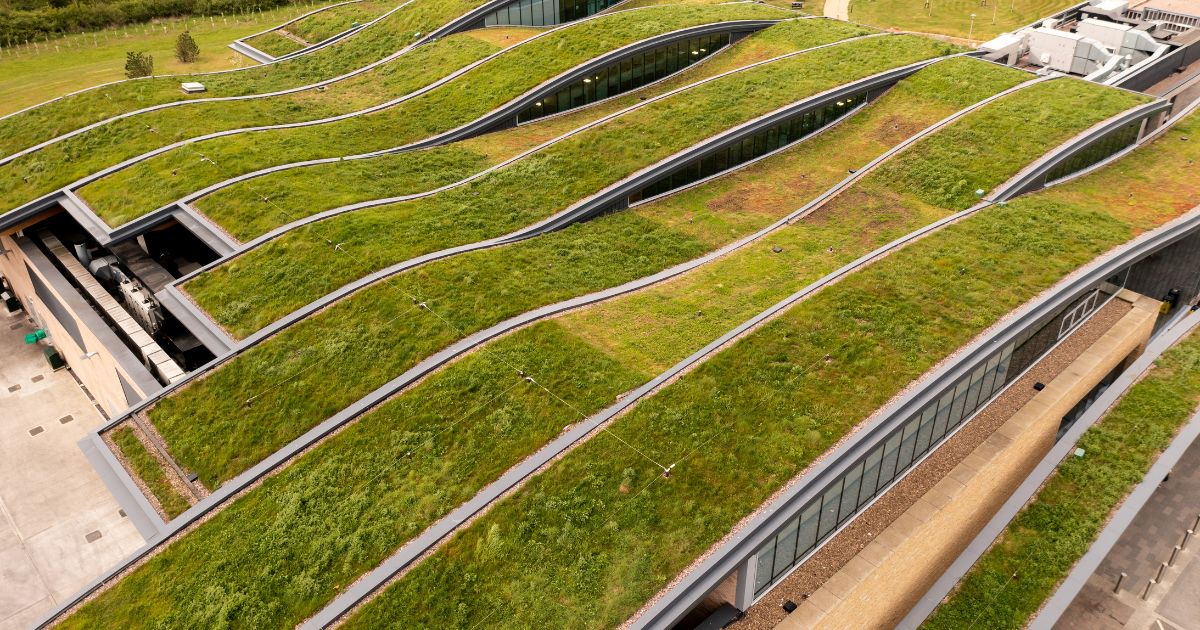
Green Roofs
Green roofs, covered with vegetation, act as natural insulators, reducing the need for additional heating or cooling. These roofs also absorb rainwater, promoting natural water filtration and reducing runoff, thereby benefiting the surrounding environment.
Sustainable Wood Options
Opting for sustainably sourced wood, certified by organisations like the Forest Stewardship Council (FSC), ensures that the carport construction is not contributing to deforestation. Bamboo, in particular, is a rapidly renewable resource that makes an eco-friendly alternative.
Permeable Pavers
Replacing traditional concrete with permeable pavers allows rainwater to pass through the surface, reducing runoff and aiding groundwater recharge. This sustainable option helps combat water runoff issues commonly associated with conventional carport construction.
Energy-Efficient Lighting
Incorporating LED or solar-powered lights in and around the carport enhances energy efficiency. This not only reduces electricity consumption but also prolongs the lifespan of the lighting fixtures, minimising waste.
Rainwater Harvesting System
Installing a rainwater harvesting system on the carport roof allows for the collection and storage of rainwater. This harvested water can be repurposed for landscaping or other non-potable uses, reducing the demand on council water supplies.
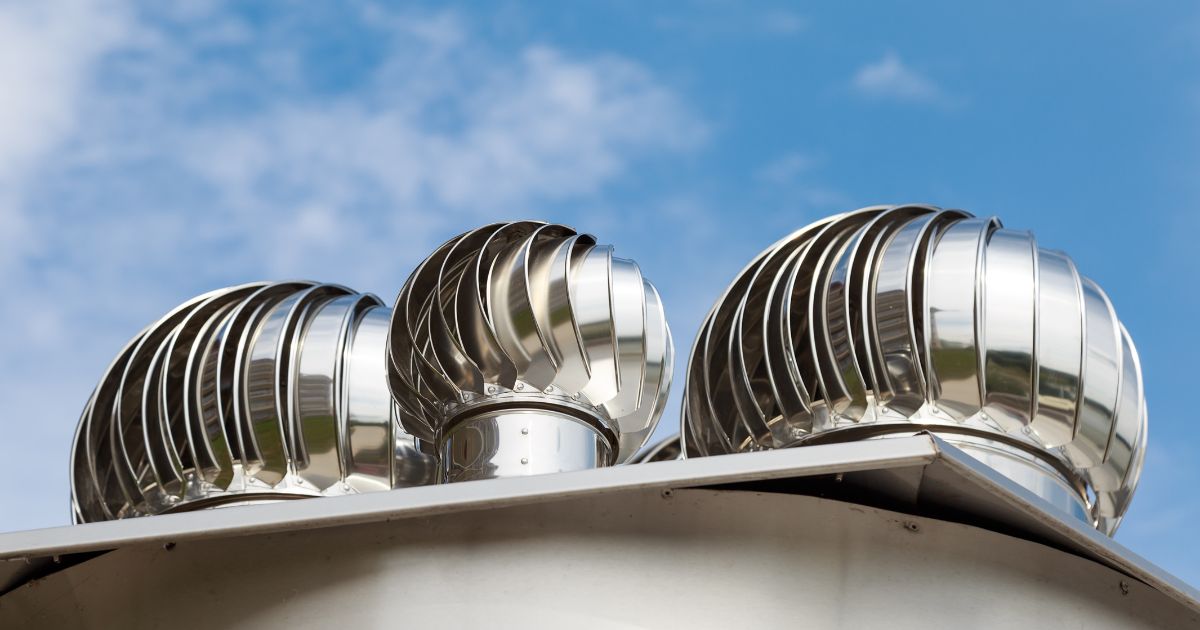
Natural Ventilation
Designing carports with natural ventilation options, such as strategically placed openings or louvered panels, promotes airflow. This reduces the reliance on mechanical ventilation systems, thereby decreasing energy consumption.
Low VOC Paints
Choosing low volatile organic compound (VOC) paints for the carport not only improves indoor air quality but also minimises the release of harmful pollutants into the environment. This small but impactful choice contributes to a healthier living and working space.
Electric Vehicle Charging Stations
As electric vehicles become more prevalent, incorporating charging stations into carports supports the transition to sustainable transportation. This forward-thinking approach encourages the use of eco-friendly vehicles.
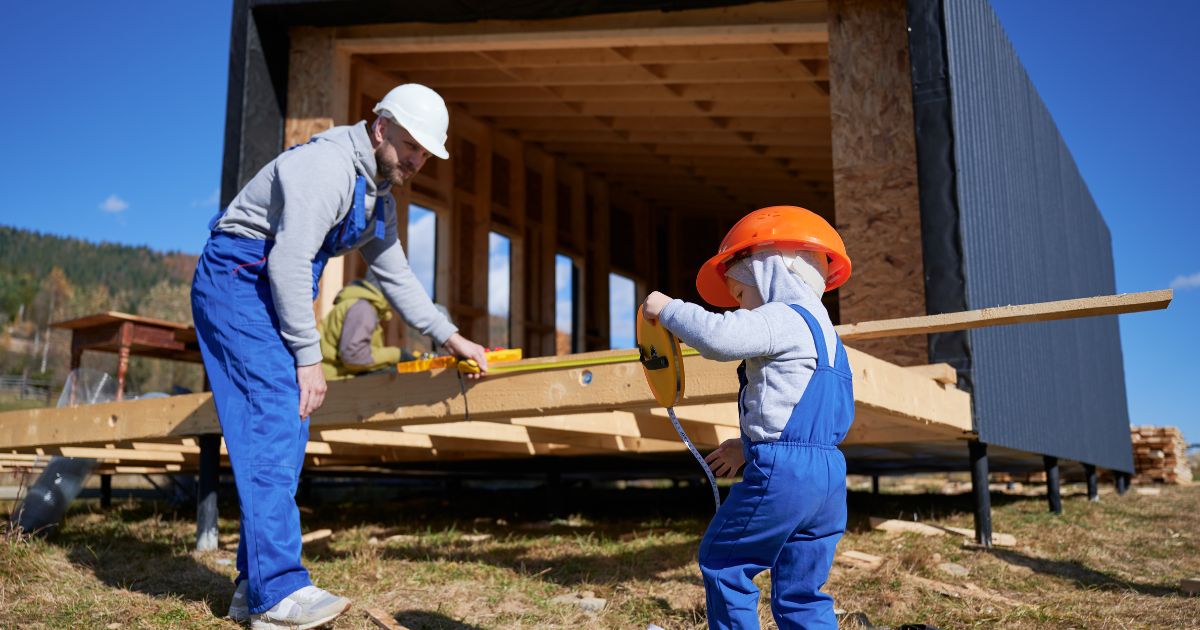
Modular Construction
Opting for modular carport construction minimises on-site waste and construction time. The pre-fabricated components are designed for efficiency, and any waste generated during the manufacturing process is significantly reduced.
Thermal Mass Design
Utilising materials with high thermal mass, such as concrete or masonry, helps regulate indoor temperatures naturally. This reduces the reliance on heating or cooling systems, contributing to energy efficiency.
Salvaged Materials
Repurposing salvaged materials from other construction projects adds character to the carport while minimising the environmental impact. This sustainable practice reduces the demand for new materials and diverts waste from landfills.
Smart Technology Integration
Incorporating smart technology, such as sensors and automated systems, optimises energy use. Smart lighting and climate control systems can adjust settings based on occupancy, ensuring efficient energy utilisation.
Educational Signage
Including educational signage within the carport area can raise awareness about eco-friendly features and practices. This not only informs users about the sustainable choices made in construction but also encourages responsible behaviour.

Driving Towards a Greener Future
Carport construction has entered a new era, where eco-friendly options are not just a luxury but a necessity. Embracing sustainable practices benefits the environment, enhances energy efficiency, and contributes to a healthier community. As we look towards the future, it is crucial for both individuals and businesses to prioritise environmentally conscious choices in every construction project.
Choose HV Aluminium for Sustainable Carport Solutions
At HV Aluminium, we are committed to providing eco-friendly carport solutions. Our range of carport solutions incorporates sustainable materials and practices to ensure a greener, more sustainable future. Contact us today to discuss how our expertise in aluminium carport construction can align with your commitment to environmental responsibility. Together, let’s drive towards a future where every carport is a testament to sustainable living.
